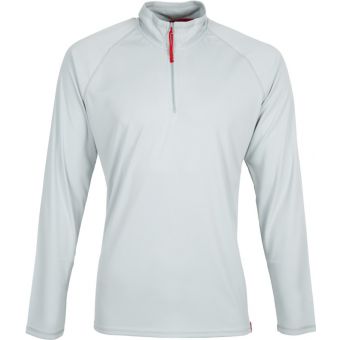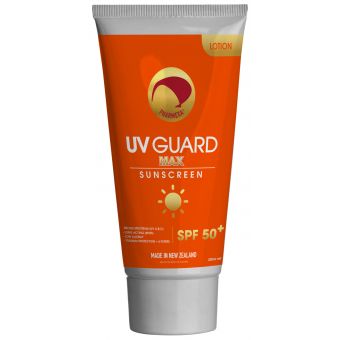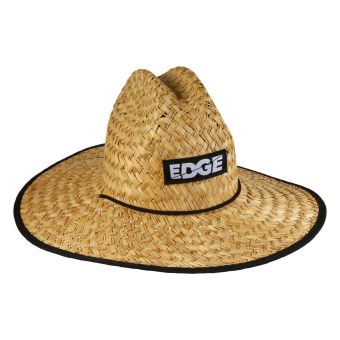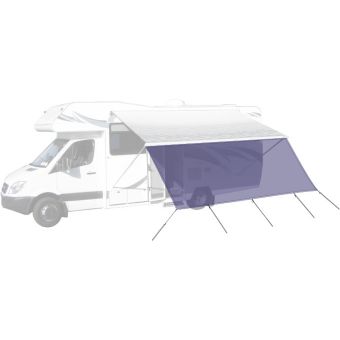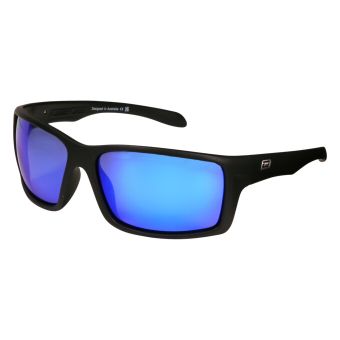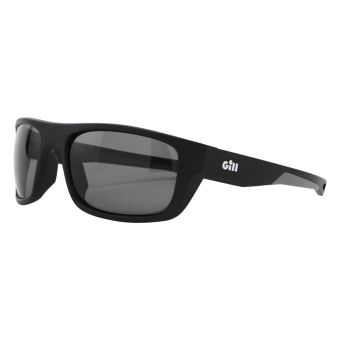Melanoma, often referred to as "skin cancer's deadliest form," is a topic that deserves our attention. As the rate of melanoma continues to rise worldwide, taking steps to protect your skin and detect it early can be lifesaving. Melanoma accounts for nearly 80% of all skin cancer deaths, more than 6000 people are diagnosed every year in NZ and around 300 unfortunately lose their lives. In fact, more people die from skin cancer than on our roads.
The good news is if melanoma is recognised and treated early enough, it is almost always curable. This is part of the reason we have partnered with Melanoma New Zealand, so we can help raise awareness and take action against this potentially deadly form of cancer.
Early Detection
Early detection of melanoma can make all the difference between a treatable condition and a life threatening situation. Here are some key aspects of melanoma detection:
Regular Skin Exams
Performing regular self examinations of your skin is the first step in early detection. Familiarise yourself with your moles, freckles, and birthmarks. Keep an eye out for any changes in size, shape, colour, or texture. If you notice any suspicious changes, consult your local GP. Remember, early detection is crucial for successful treatment. A handy video showing how to perform skin examinations can be found here Get to know the skin you're in
Professional Skin Checks
In addition to self examinations, it's advisable to schedule annual skin checks with your GP, dermatologist, or healthcare professional. These experts are trained to identify potential signs of melanoma that might not be obvious to the untrained eye. Regular check ups can catch melanoma at its earliest, most treatable stage.
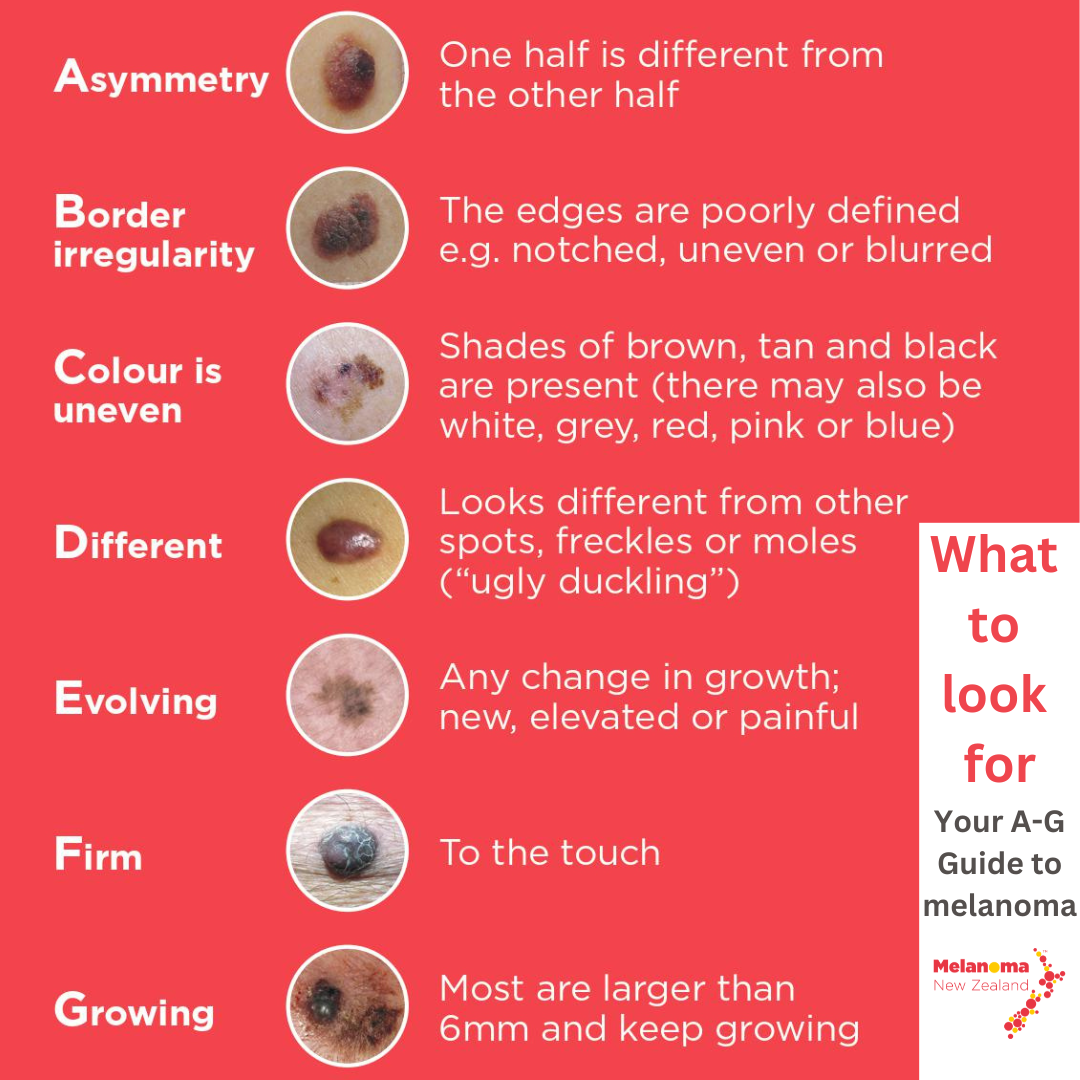

Prevention
Preventing melanoma is just as important as early detection. Protect your skin against UV radiation by following the 5 S’s: Slip, Slop, Slap, Seek and Slide.
SLIP into some Clothing
Clothing plays a crucial role in protecting your skin from harmful UV rays. While many people associate sun protection with sunscreen and hats, the clothing you wear also matters significantly. Long sleeved t-shirts, for instance, can provide excellent coverage for your arms and torso, reducing your skin's direct exposure to the sun.
Additionally, UV clothing has gained popularity for its ability to block harmful UV rays effectively. These specially designed garments come with a UPF (ultraviolet protection factor) rating, indicating how well they shield your skin from UV radiation. UV clothing is an excellent choice for extended periods in the sun, such as days spent at the beach, on the boat or during outdoor activities, where sunscreen alone may not provide adequate protection.
SLOP on some Sunscreen
One of the simplest yet most effective ways to protect your skin from the sun's harmful rays is by using sunscreen. Make sure to choose a broad-spectrum, water resistant sunscreen with an SPF (sun protection factor) of 30 or higher. Apply it generously to all exposed skin, including your face, neck, arms, and legs. Apply 20 minutes before going outside and reapply every two hours, especially if you're swimming or sweating. Melanoma NZ have put together an informative video on how to correctly apply sunscreen Are you applying sunscreen correctly?
SLAP on a Hat
Wearing a hat with a wide brim can provide valuable shade for your face, neck, and ears. These areas are particularly vulnerable to sun damage and can easily develop skin cancer. Opt for a hat that offers UPF (ultraviolet protection factor) for added sun protection.
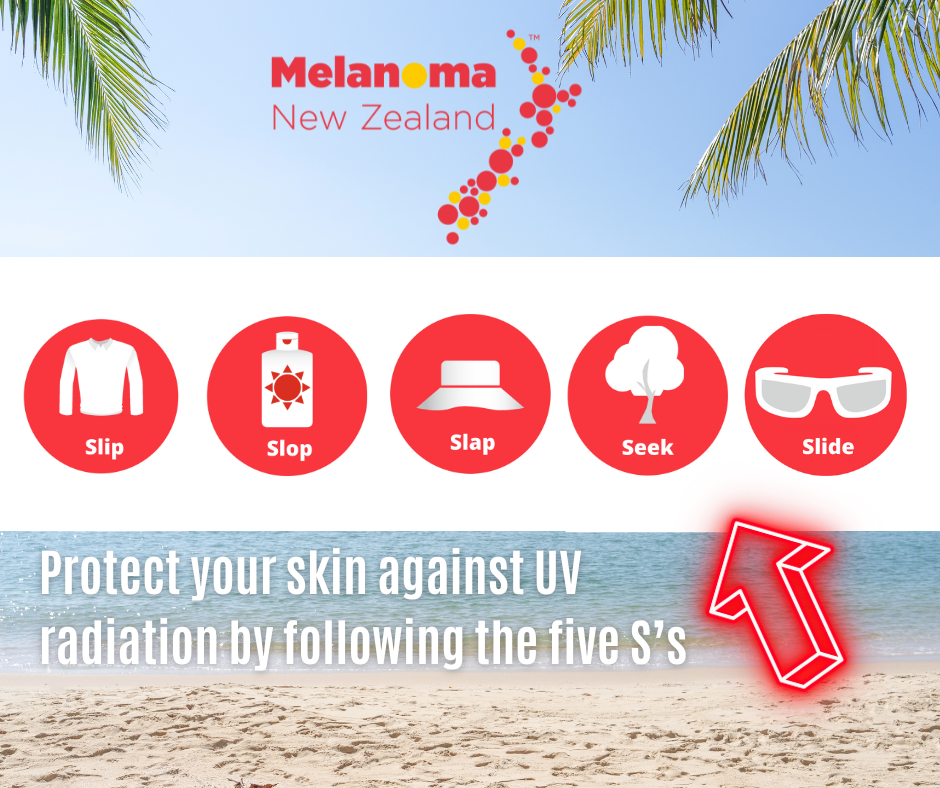

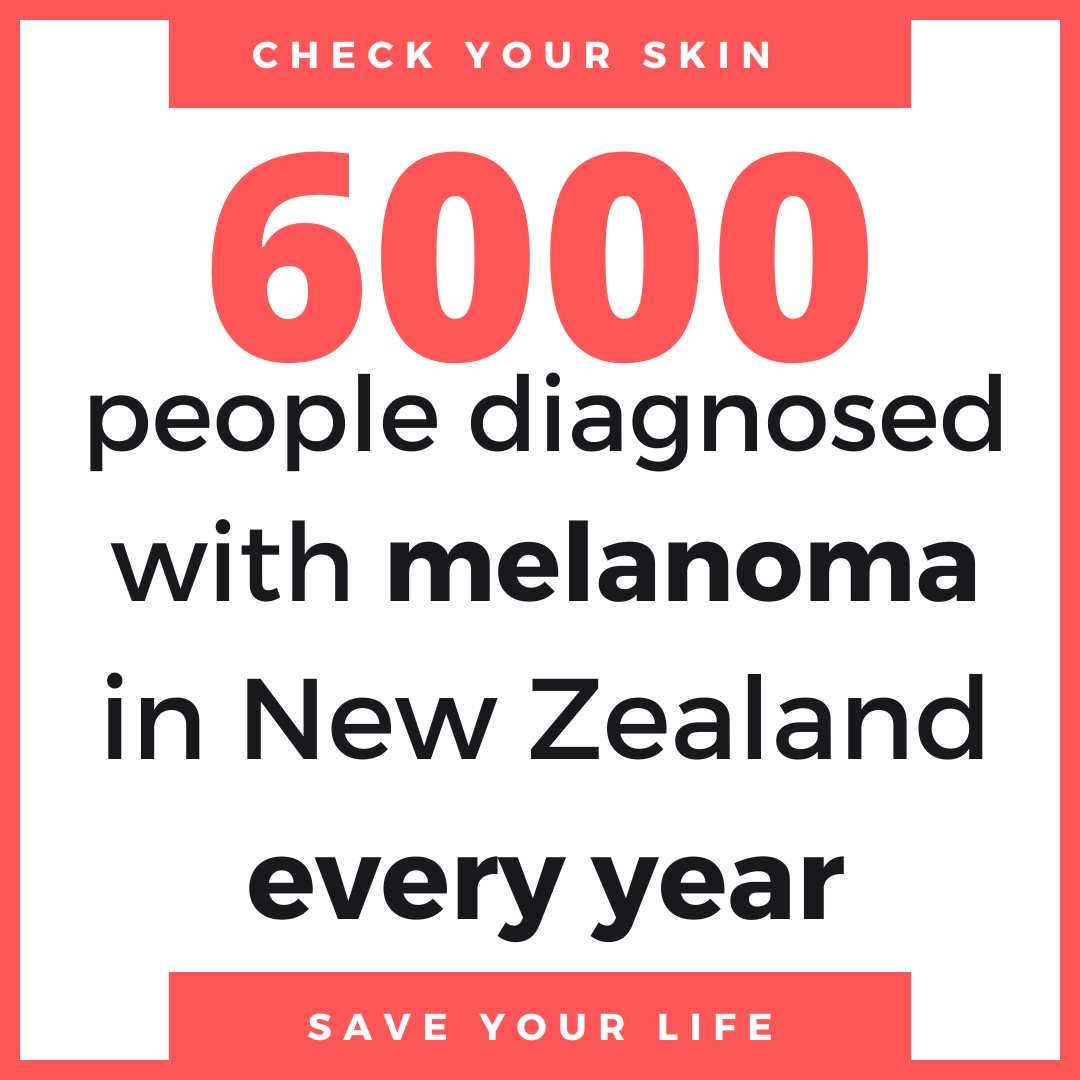

SEEK some Shade
Seeking shade whenever possible is a simple yet effective way to minimize your sun exposure. Whether you're at the beach, park, or enjoying a picnic, try to stay in shaded areas to reduce your risk of sunburn and skin damage. If you have a motorhome, consider an Awning for when you are parked up and relaxing outside. If you are on a boat, a Bimini top offers a great option for staying in the shade. There are also Bimini extensions available which offer even more shade on the boat than ever before.
SLIDE on some Sunnies
Sunglasses play a critical role in shielding our eyes from harmful UV rays, as prolonged exposure to these rays can lead to serious eye conditions, such as cataracts, macular degeneration and melanoma. By wearing sunglasses with UV protection, you not only safeguard your vision but also reduce the risk of developing uncomfortable conditions like photokeratitis (sunburn of the eye) and pterygium (a growth on the eye's surface). In addition, wearing sunglasses can also help prevent squinting and eye strain, increasing overall visual comfort while outside.
Melanoma is an imposing threat, but by prioritising early detection and protection, we can significantly reduce our risk of developing this deadly form of skin cancer. Regular skin examinations, professional check ups, sunscreen application, hat wearing, UV clothing, sunglasses and seeking shade are all essential steps in safeguarding our skin.
The partnership between Burnsco and Melanoma New Zealand underscores the importance of fostering a culture of sun safety and melanoma awareness.
Burnsco has committed to supporting Melanoma New Zealand's initiatives by spreading awareness about the importance of sun protection and early detection through their stores, websites, and promotional materials.
For more information please visit www.melanoma.org.nz
So, let's commit to protecting our skin and spreading the word about melanoma awareness – it's a step towards a healthier future for us all.
Do you have any questions?
Please, contact our friendly team on 0800 102041 or email: website@burnsco.co.nz
We provide general information on products, not personal advice. Always seek the help of a relevant tradesperson if you have a technical query.


